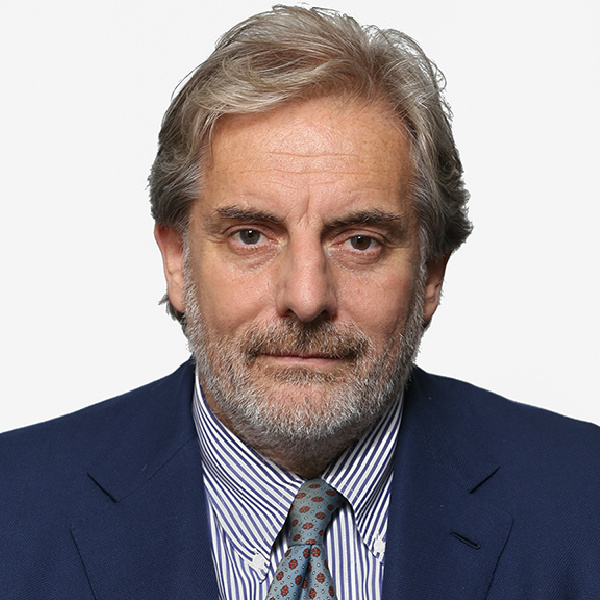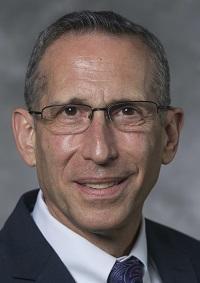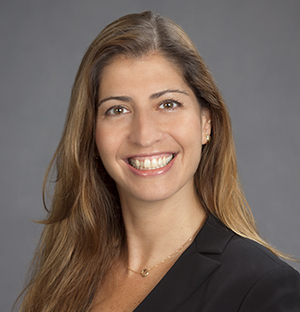
Cholestatic and Biliary Diseases SIG: Novel Treatment Approached to Cholestatic Liver Diseases: Theory and Practice
Recorded On: 10/22/2017
Recently there is an increased interest and effort in targeting novel pathways to treat cholestatic liver diseases. Up-to-date science is needed on the new therapeutic targets and the early experiences (successes and failures) of clinical trials to foster discussion of these various approaches and identify priorities for future clinical trials. Presentations in this program will be arranged in pairs with the first explaining the science behind why a specific pathway has good targets for treating cholestatic liver disease, followed by a summary of recent clinical trial and other descriptive experiences targeting these pathways. Further discussion after the paired talks will address why drugs did or did not perform as expected in humans, along with planning priorities for future trials.

Mario Strazzabosco
Mario Strazzabosco MD, PhD, is Professor of Medicine at Yale University, CT. He is Director of the Yale Liver Cancer Programat Smilow Hospital and Co-Director of the Yale Liver Center. Dr. Strazzabosco is the principal investigator in a number of research projects in the field of hepatology, and health care management and directs an NIH-sponsored Lab at the Yale University School of Medicine. His main current research interests relate to the pathophysiology of biliary tract diseases, biology of liver repair, liver cancer and health care management. He has received numerous awards and is a Fellow of the American College of Gastroenterology (FACG) a Fellow of the European Board of Surgery (transplant) (FEBS) and a Fellow of the American Association for the Study of Liver Disease (FAASLD).

Michael Trauner

Saul J. Karpen
Saul J. Karpen, MD, PhD, FAASLD is pediatric hepatologist, Professor of Pediatrics, Raymond F. Schinazi Distinguished Biomedical Chair, Chief of the Division of Pediatric Gastroenterology, Hepatology, and Nutrition at Emory University School Medicine/Children’s Healthcare of Atlanta. The overarching aim of his research is to understand cholestasis, with the goal of discovering and implementing rational molecular targets, focusing upon nuclear receptors and transporters. Recent research along these lines includes discovering genetic contributions to biliary atresia (BA; PKD1L1 and other genes) and use of IBAT inhibitors in global clinical studies of BA and other cholestatic diseases of childhood. On a national and international basis, he is engaged in leadership of the Liver Forum’s Pediatric Cholestatic Disease Working Group and two NIDDK-supported consortia for liver disease: ChiLDReN and NASH CRN.

Marina G. Silveira

Marlyn J. Mayo

Gideon Hirschfield

Bart Staels

Cynthia Levy
Cynthia Levy, MD, FAASLD is a Professor of Medicine in the Division of Digestive Health and Liver Diseases and is the Associate Director of the Schiff Center for Liver Diseases at the University of Miami. She was awarded the Arthur Hertz Endowed Chair in Liver Diseases. Dr. Levy received her M.D. from Universidade Federal do Rio de Janeiro (UFRJ). She completed house staff training both at her home University and subsequently at University of Miami/Jackson Memorial Hospital, in Miami, FL. Dr. Levy completed her three-year Gastroenterology Fellowship at Mayo Clinic in Rochester, Minnesota, and a one-year Transplant Hepatology Fellowship at University of Florida in Gainesville, FL.
Dr. Levy’s clinical research program focuses on clinical trial development and conduct for autoimmune and cholestatic liver diseases, and in the study of porphyrias. Dr. Levy is a member of the steering committee for the International Primary Sclerosing Cholangitis Study group (IPSCSG) and serves as the Chair for the TARGET-Primary Biliary Cholangitis (PBC) national registry. She is a steering committee member for the Cholestatic and Autoimmune Liver Diseases SIG in AASLD, where she also serves as the vice-chair for the Practice Guidelines Committee. In addition, she advises several patient support groups and Foundations. Dr Levy’s expertise is recognized internationally.


